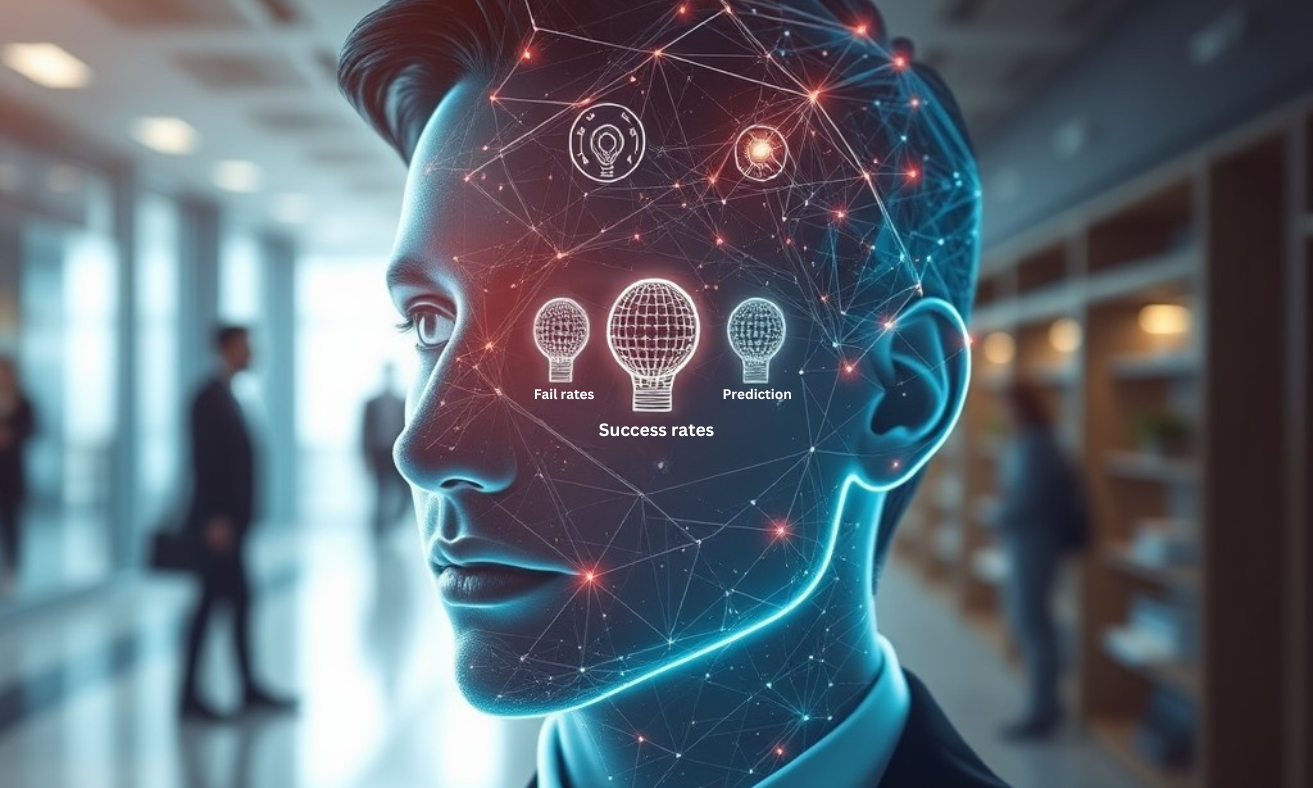A recent study has stirred a thought-provoking debate in the fields of AI in sales and marketing, HR, and education by claiming that artificial intelligence can predict career and educational success from a single facial image. By analyzing 96,000 graduates’ photos through AI models, researchers identified personality traits and linked them to career outcomes. The study, conducted by Ivy League and other prestigious institutions, suggests that a person’s face can reveal insights as predictive as GPA or standardized test scores when determining professional potential.
While this AI for sales and marketing breakthrough is fascinating, the implications raise serious ethical, societal, and practical questions.
The Allure of Personality Prediction
The study’s reliance on the Big Five personality traits—openness, conscientiousness, extraversion, agreeableness, and neuroticism—is rooted in well-established psychology. These traits have long been considered key indicators of behavior and, by extension, professional success. Combining computer vision and natural language processing, the researchers managed to draw correlations between these traits and outcomes like school rank, compensation, and career growth.
On one level, this approach promises groundbreaking advancements. Imagine companies identifying high-potential candidates or universities spotting future leaders with a single image. Such tools could level the playing field, removing biases from resumes or interviews. However, this potential boon also risks creating an ethical minefield.
The Danger of Bias and Reductionism
The ethical concerns raised by co-author Kelly Shue, a Yale professor, cannot be overstated. AI models are only as good as their training data, which often reflects existing biases in society. If not handled carefully, this technology could reinforce systemic discrimination by screening out candidates based on traits like perceived neuroticism or other “undesirable” characteristics.
Moreover, reducing someone’s potential to a facial analysis risks oversimplifying human complexity. Success in life and work stems from a rich tapestry of experiences, skills, and relationships. Personality traits are influential but hardly deterministic, and interpreting them from a static image may miss nuances like adaptability, emotional intelligence, or situational resilience.
A Step Forward or a Step Too Far?
The study touches on an uncomfortable truth: personality already plays a role in hiring and admissions processes. Tools like behavioral assessments are common in corporate recruitment, and AI has already entered these arenas through resume screening and applicant tracking systems. However, adding facial analysis introduces a layer of subjectivity cloaked in the guise of objectivity.
For instance, Shue’s acknowledgment that expressions or even subtle facial features can be linked to traits like neuroticism raises unsettling questions. How many people could be passed over because of a fleeting moment captured in a photo? And who determines the “ideal” personality profile for a given role?
The Role of AI in Ethical Hiring Practices
Despite the concerns, this study also highlights AI’s transformative potential. If developed responsibly, AI could enhance hiring practices by offering insights into candidates' strengths and alignment with roles. For example, AI could help identify introverts who excel at problem-solving or extraverts suited to collaborative environments.
To harness this potential without crossing ethical boundaries, transparency is key. Organizations must clearly communicate how AI tools are used, ensure their models are free from biases, and give candidates the chance to appeal or contextualize results. Furthermore, regulatory frameworks must evolve to keep pace with such technologies, safeguarding individual rights and ensuring fairness.
The Bigger Picture: Augmenting Human Judgment
This study serves as a reminder that AI is a tool, not a decision-maker. It should complement human judgment, not replace it. Predictive algorithms can reveal patterns, but understanding and evaluating people requires context, empathy, and a holistic perspective.
For employers, educators, and even AI enthusiasts, this research invites a deeper question: How can we use technology to expand opportunities rather than limit them? Instead of fixating on prediction, AI could be a guide—helping individuals understand their strengths, develop their potential, and thrive in their careers.
As AI continues to reshape hiring and education, the ultimate challenge will be balancing innovation with humanity. After all, success isn’t just written on our faces—it’s also written in our choices, actions, and growth.




